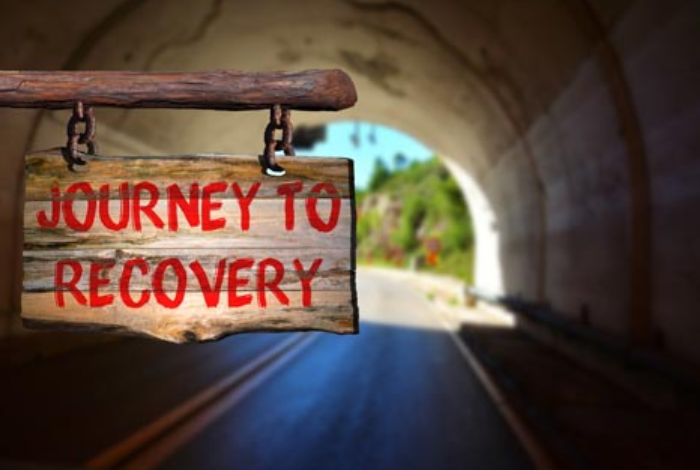Overcoming Addiction: A Journey to Recovery

Addiction can be a devastating experience for individuals, their families, and their friends. While overcoming addiction can be a difficult journey, it is possible to reach a place of sobriety and lead a healthier, happier life. This article will discuss the various steps of overcoming addiction, from understanding the causes and risk factors to taking the first step to recovery, as well as strategies for long-term sobriety and maintaining relationships with loved ones.
Causes and Risk Factors of Addiction
Addiction can be caused by a variety of factors, including biological, psychological, and environmental influences. Biological influences can include things like genetics, gender, and age. Psychological influences can include things like trauma, stress, and mental health issues. Environmental influences can include things like poverty and access to drugs. Understanding the causes and risk factors of addiction can help individuals identify their own triggers and develop a plan for recovery.
Understanding the Types of Addiction
There are many different forms of addiction, including substance abuse and process addictions. Substance abuse refers to the use of alcohol or drugs, while process addictions refer to activities like gambling, food, and sex. Understanding the specific type of addiction can help individuals identify their own triggers and develop strategies for recovery.
Taking the First Step to Recovery
The first step to recovery is admitting that there is a problem. This can be a difficult step, but it is an important one. It can be helpful to speak to a trusted family member or friend or to seek professional help from a qualified counselor or therapist.
Overcoming Physical Withdrawal
Physical withdrawal can be a difficult part of the recovery process. It is important to take it slow and focus on healthy activities like exercise, healthy eating, and adequate sleep. It can also be helpful to have support from family, friends, and professionals.
Finding Support and Treatment
Finding support and treatment is an important part of the recovery process. Treatment options can include things like therapy, medications, and support groups. It is important to find a treatment plan that works for the individual and that meets their specific needs.
Practicing Self-Care During Recovery
Practicing self-care is an important part of the recovery process. It is important to take time for self-care activities like exercise, relaxation, and mindfulness. It can also be helpful to have a support system of family and friends to help with the journey.
Strategies for Long-Term Sobriety
It is important to have strategies in place to maintain long-term sobriety. These strategies can include things like avoiding triggers, setting goals, and developing coping skills. It is also important to have a plan in place for what to do in case of a relapse.
Handling Stress and Personal Triggers
Learning how to handle stress and personal triggers is an important part of the recovery process. It is important to identify triggers and have strategies in place for how to manage them. This can include things like positive self-talk, relaxation techniques, and reaching out for support.
Maintaining Relationships with Loved Ones
Maintaining relationships with loved ones is an important part of the recovery process. It is important, to be honest with loved ones and to talk about any difficulties that may arise. It can also be helpful to seek professional help to learn how to communicate better and strengthen relationships.
Conclusion
Overcoming addiction can be a difficult journey, but it is possible to reach a place of sobriety and lead a healthier, happier life. This article discussed the various steps of overcoming addiction, from understanding the causes and risk factors to taking the first step to recovery, as well as strategies for long-term sobriety and maintaining relationships with loved ones. With the right support and treatment, individuals can find success in their journey to recovery.



